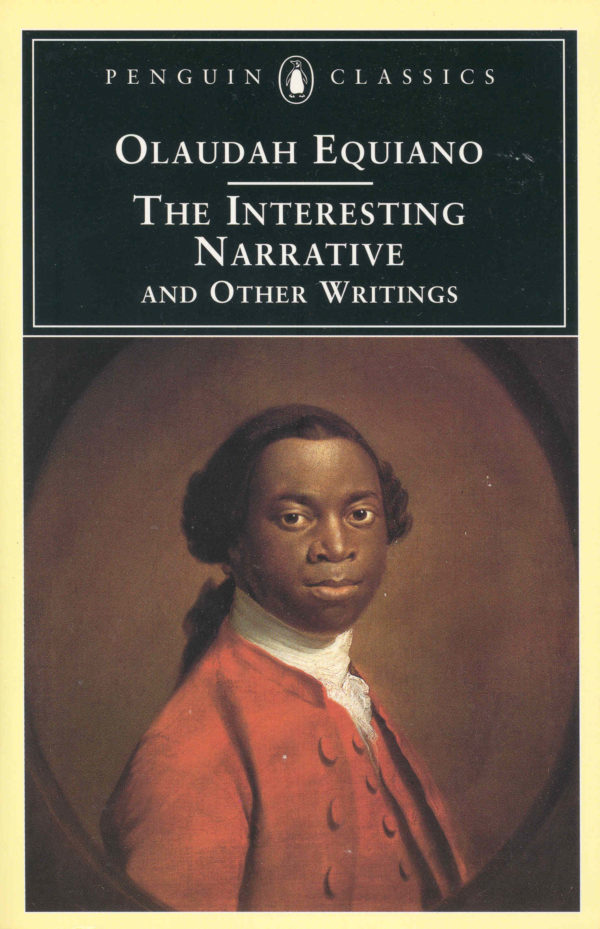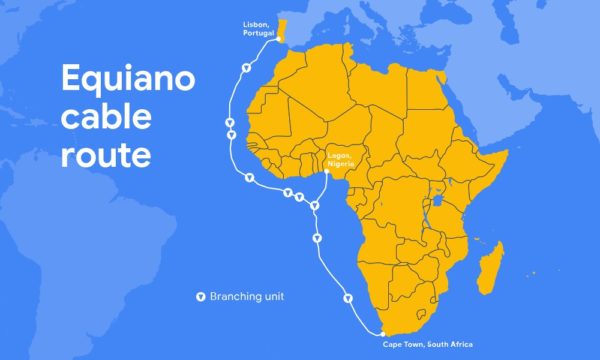
Google has announced a new subsea Internet cable in the Atlantic named Equaino, after the Nigerian memoirist Olaudah Equaino who was stolen as a slave to the US and got a Google Doodle for his 272nd birthday on 16 October 2017. Equaino is best known for his 1789 memoir The Interesting Narrative of the Life of Olaudah Equiano, Or Gustavus Vassa, The African. Born in 1745, in Igboland in the present-day Nigeria, Equiano was kidnapped, sold into slavery, and shipped to England, where he he was given another name, Gustavus Vassa. Freed from slavery, he joined British abolitionists in campaigning against it. The publication of his memoir, which depicts the horrors of slavery, helped quicken the passing of the Slave Trade Act of 1807, which outlawed slavery in Britain and its territories. He died on 31 March 1797.
There are up to 378 undersea cables around the world, and Equaino, which stretches from Western Europe, from Portugal, and runs along the western coast of Africa, down to South Africa, is Google’s 14th globally and its third private one.

Today we are introducing Equiano, our new private subsea cable that will connect Africa with Europe. Once complete, Equiano will start in western Europe and run along the West Coast of Africa, between Portugal and South Africa, with branching units along the way that can be used to extend connectivity to additional African countries. The first branch is expected to land in Nigeria. This new cable is fully funded by Google, making it our third private international cable after Dunant and Curie, and our 14th subsea cable investment globally.
Google’s private subsea cables all carry the names of historical luminaries, and Equiano is no different. Named for Olaudah Equiano, a Nigerian-born writer and abolitionist who was enslaved as a boy, the Equiano cable is state-of-the-art infrastructure based on space-division multiplexing (SDM) technology, with approximately 20 times more network capacity than the last cable built to serve this region.
Equiano will be the first subsea cable to incorporate optical switching at the fiber-pair level, rather than the traditional approach of wavelength-level switching. This greatly simplifies the allocation of cable capacity, giving us the flexibility to add and reallocate it in different locations as needed. And because Equiano is fully funded by Google, we’re able to expedite our construction timeline and optimize the number of negotiating parties. A contract to build the cable with Alcatel Submarine Networks was signed in Q4 2018, and the first phase of the project, connecting South Africa with Portugal, is expected to be completed in 2021.
Find out more about Equaino here.








COMMENTS -
Reader Interactions